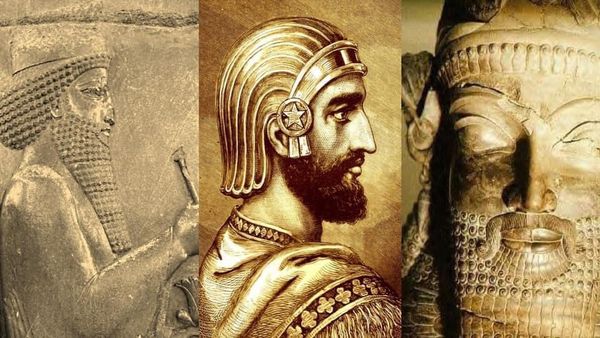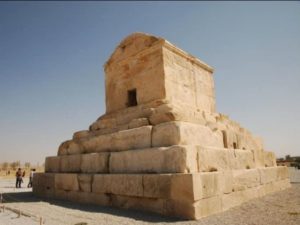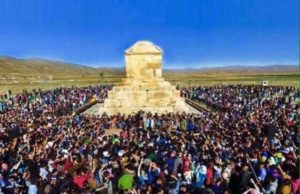
روز کوروش بزرگ بر تمام ایرانیان فرخنده و خجسته باد
Cyrus the Great Day, also known as Cyrus Day, is an Iranian observance held on 7th of Aban in the Iranian calendar (October 29th). It is dedicated to the Persian king Cyrus II, and founder of the Achaemenid Empire that conquered most of Western Asia and much of Central Asia.
From the Mediterranean Sea and Hellespont in the west to the Indus River in the east. Under his successors, the empire eventually stretched at its maximum extent from parts of the Balkans (Eastern Bulgaria–Paeonia and Thrace–Macedonia) and Southeast Europe proper in the west, to the Indus Valley in the east.


King Cyrus II is held in great regard in Iran for creating the largest empire of civilised nations then known in the world, around 600 years before Christ. Cyrus II is known not only as a great conqueror, but as the author of the Cyrus Cylinder, which many consider as the world’s first declaration of universal human rights. The Cyrus Cylinder has a cross-cultural significance. People from different backgrounds, nationalities, and religions recognize it as relevant and important. A replica of the Cyrus Cylinder is kept at the United Nations Headquarters in New York, on the second floor hallway. The main reason for this is how the Cyrus Cylinder is symbolic of tolerance and freedom. Iranians commemorate this day by gathering at Pasargadae, the tomb of Cyrus the Great, which is located in Fars province, southwestern Iran.
His own nation, the Iranians, have regarded him as “The Father,” the very title that had been used during the time of Cyrus himself, by the many nations that he conquered, as according to Xenophon: … The rise of Persia under Cyrus’s rule had a profound impact on the course of world history


